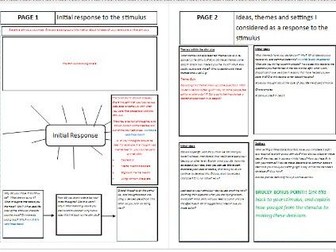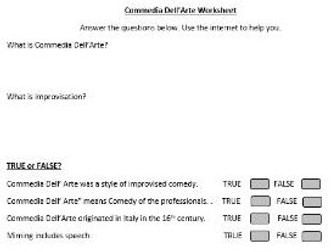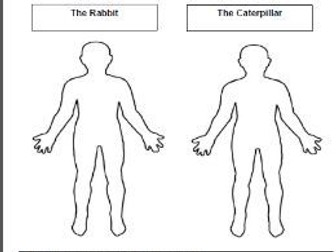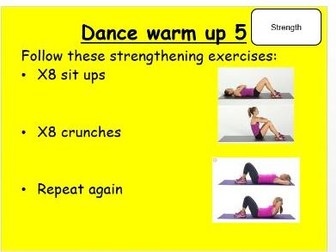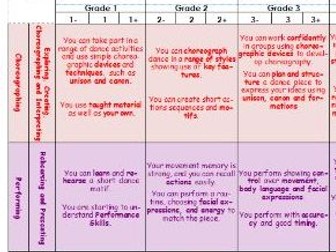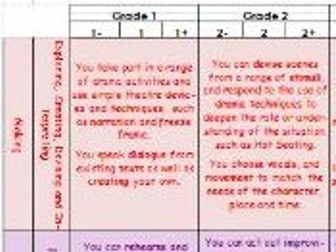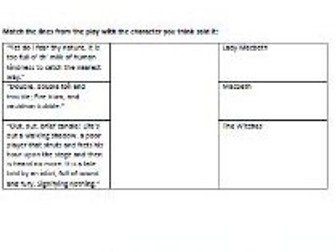Introduction to Stanislavski Lesson Bundle
<p>This lesson is designed to last between 2-3 hours, depending on the amount of exploration time given per task. The lesson works through:</p>
<p>Theoretical background of Stanislavski<br />
Three key Naturalistic techniques (theoretical introduction and practical exploration tasks): Emotion Memory; Given Circumstances; What If<br />
A practical exploration task responding to an auditory stimulus<br />
A devising task - creating a scene using Stanislavski’s techniques to deepen understanding of character<br />
Students will also be briefly introduced to a short extract of ‘A Streetcar Named Desire’</p>
<p>Suggestions for using this resource:</p>
<ul>
<li>Introduction to a theatre practitioner (A-Level Drama)</li>
<li>Introduction to devising and staging techniques (GCSE / A-Level Drama)</li>
<li>A one-off workshop to kick-start a SOW</li>
<li>A workshop as part of a SOW introducing different practitioners and devising techniques (please see my other resources for workshops on Stanislavksi, Artaud, Physical Theatre, Choral Speech, Script Writing and Verbatim Theatre.</li>
<li>In the past, this lesson has been used to kick start AQA Drama Component 2: Devising Theatre.</li>
</ul>
<p>This lesson pack includes one PowerPoint (with a short documentary and music embedded within the PowerPoint), three resources/hand outs (one of which is differentiated for HAT/MAT/LAT students and contains a TA/Teacher ‘answer sheet’, and one lesson plan with questioning, differentiation and plenary included.</p>
